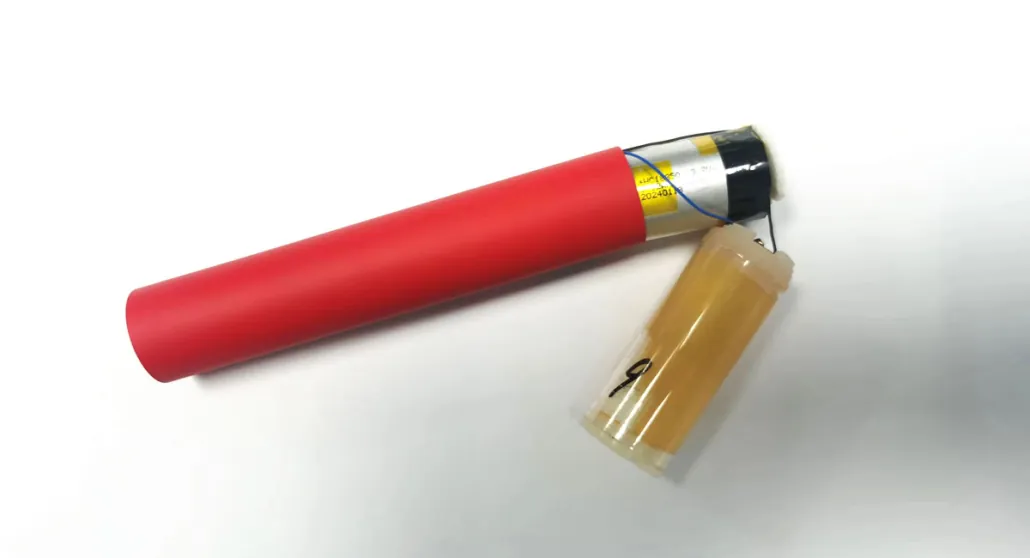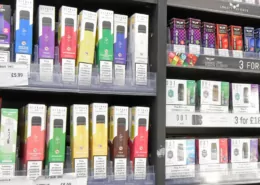Vape Travel Safety Tips: Regulations and Risk Reduction
As the summer travel season approaches, it’s essential for vapers to be well-informed about the regulations and safety concerns surrounding their devices. With varying laws across different countries and the potential risks associated with flying with vape pens, being prepared can help you avoid legal troubles and ensure a smooth, enjoyable trip. In this comprehensive guide, we’ll explore the key considerations for traveling with your vape, including destination-specific laws, airline regulations, and safety tips to minimize the risk of vape battery fires.
Researching Vape Laws at Your Destination
Before packing your bags and heading off on your adventure, take the time to thoroughly research the vape laws at your intended destination. Vaping regulations vary significantly from country to country, and some nations impose strict penalties for possession or use of vaping devices. Failing to comply with local laws can result in fines, confiscation of your device, or even imprisonment. Here are a few examples of countries with particularly harsh vape-related punishments:
- Thailand: Vaping can lead to a prison sentence of up to 10 years.
- Singapore: Vapers caught using their devices may face a fine of S$2,000 (approximately £1,200).
- Australia: Importing vaping products into the country carries a risk of two years in jail.
Even popular tourist destinations like Barcelona have implemented smoking bans that may extend to vaping in certain areas. It’s important to note that as vaping gains popularity worldwide, regulations are constantly evolving. To avoid any legal issues during your trip, make sure to obtain the most up-to-date information on vape laws at your destination before departing.
Understanding the Fire Risks of Vape Batteries on Airplanes
When flying with your vape, it’s crucial to be aware of the potential fire hazards associated with vape batteries. Surprisingly, vaping devices have become the most common source of battery-related fires on aircraft, surpassing phones and laptops. Fire departments worldwide have consistently highlighted the low but real risk of vape batteries catching fire during flights, making it essential for travelers to understand the risks and take appropriate precautions.
Why Vape Pens Can Cause Battery Fires
Vape pens rely on lithium-ion batteries to function, and these batteries have the potential to catch fire under certain circumstances. While the risk is generally lower with smaller batteries like those found in vape pens compared to larger devices, any lithium-ion battery fire can spread rapidly. The unique environment of an airplane, with its confined spaces and limited fire-fighting resources, makes even a small fire potentially dangerous.
The Federal Aviation Administration (FAA) has reported that most overheating e-cigarette incidents are contained without causing significant harm. However, the distinct challenges posed by the airplane setting underscore the importance of taking battery fire risks seriously.
Incidence of Vape Pen Fires on Airplanes
Safety organizations have observed an alarming trend in vape pen-related fires on airplanes and in airports. In the United States alone, there are an average of two reports each week of battery-related incidents involving vaping devices on planes or at airports. In 2022, vape pens accounted for approximately 35% of all reported battery-related fire or smoke incidents on airlines, which is double the rate attributed to other leading sources like portable power banks and mobile phones. Although the absolute number of incidents remains relatively small, the disproportionately higher risk associated with vape pens is a cause for concern and warrants attention from traveling vapers.

Tips for Reducing the Risk of Vape Pen Fires During Travel
To minimize the risk of vape pen fires during your travels and ensure the safety of yourself and others, follow these essential guidelines:
- Pack E-Cigarettes in Carry-On Luggage Only: Always pack your vape pens and other battery-powered devices in your carry-on luggage, never in checked bags. In the event of a fire, a device stored in the baggage hold can grow out of control if left unnoticed, posing a significant risk to the aircraft and its occupants.
- Avoid Charging Vape Pens on Board: Charging vape pens onboard an aircraft is strictly prohibited and can increase the fire risk. Make sure your devices are fully charged before your flight, and bring a backup if necessary.
- Inform Crew Immediately in Case of Smoke or Fire: If you notice any signs of smoke or fire coming from your vape pen or another passenger’s device, inform flight attendants or other airline personnel right away. Airline crews are specially trained to handle battery-related fires and are equipped with fire containment bags to minimize the potential for damage.
- Store Vape Pens Securely: When not in use, store your vape pens in a way that prevents accidental activation of the button. Handle the devices gently to avoid unintended activation, and consider using a protective case to minimize the risk of damage or inadvertent firing.
Prioritizing Safety for a Smooth Travel Experience
Just as it’s crucial for travelers to familiarize themselves with the vape regulations at their destinations, it’s equally important to be aware of the rules related to traveling with these devices. The restrictions against smoking on planes also apply to vaping, and ensuring safe practices with battery-powered devices, particularly vape pens, is critical for the well-being of everyone onboard.
By staying informed, following guidelines, and prioritizing safety, you can enjoy your travels while minimizing the risks associated with vaping on the go. Remember to research your destination’s vape laws, comply with airline regulations, and take proactive steps to reduce the risk of vape battery fires. With the right knowledge and preparation, you can have a smooth, enjoyable, and safe travel experience while still enjoying your favorite vaping devices.
- How to Choose Safe CBD for Dogs Without Guesswork - August 4, 2025
- Texas Senate Passes Revised THC Ban Bill (SB 5) - August 4, 2025
- Best Delta-8 THC Carts of 2025: Top 5 Vapes Reviewed - July 16, 2025








